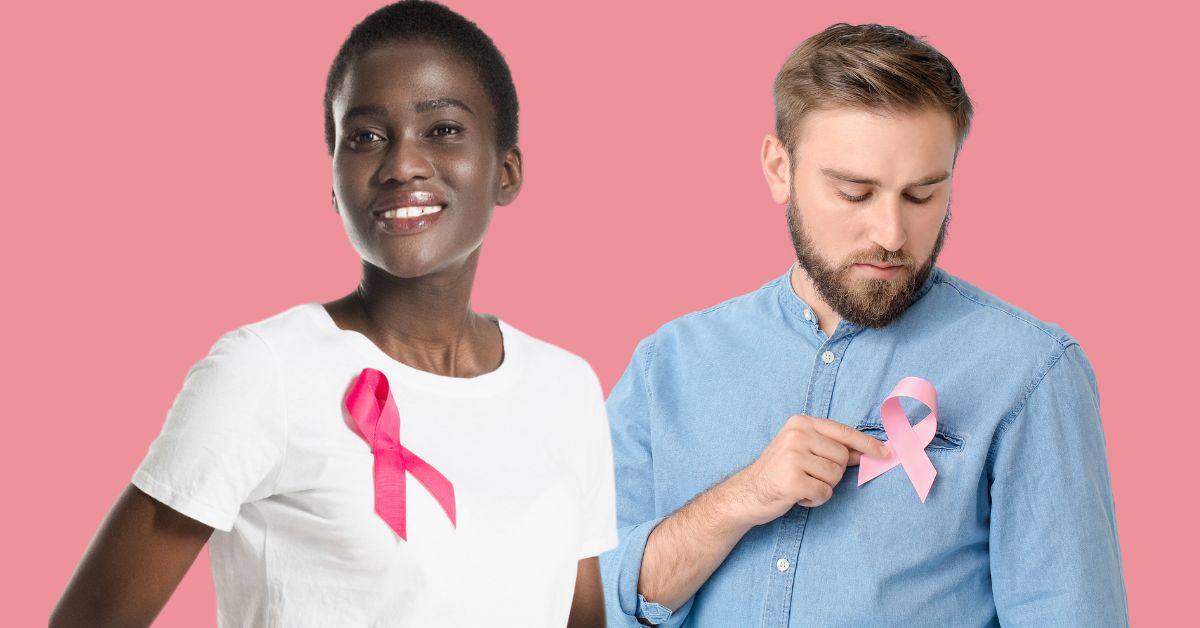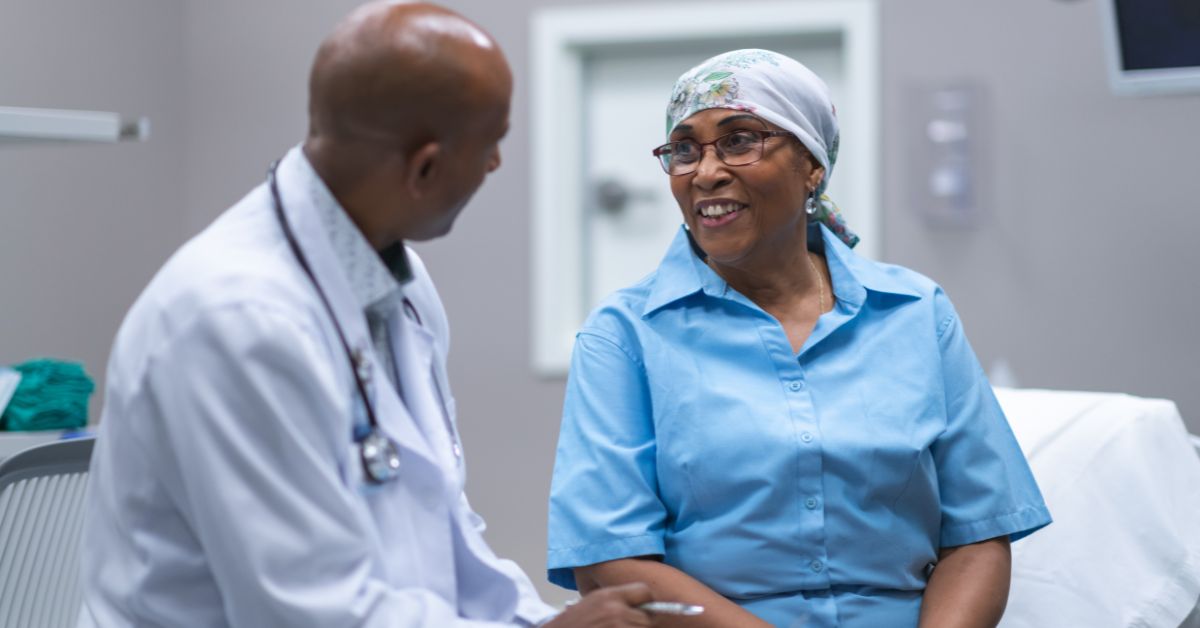Gender Doesn’t Matter: Breast Cancer Screening Guidelines to Help You and Your Loved Ones
For most, October is all about the spooky season, but it’s also a month dedicated to raising awareness of a real and scary critical illness: breast cancer. Oct. 1 marked the beginning of Breast Cancer Awareness Month, and while it is a disease that predominantly affects people assigned female at birth, it can affect anyone. [...] Read More... from Gender Doesn’t Matter: Breast Cancer Screening Guidelines to Help You and Your Loved Ones The post Gender Doesn’t Matter: Breast Cancer Screening Guidelines to Help You and Your Loved Ones appeared first on LOVEBSCOTT.


For most, October is all about the spooky season, but it’s also a month dedicated to raising awareness of a real and scary critical illness: breast cancer. Oct. 1 marked the beginning of Breast Cancer Awareness Month, and while it is a disease that predominantly affects people assigned female at birth, it can affect anyone. Everyone has breast tissue, meaning the risk of cancer is there for everyone, even for those who don’t have a genetic predisposition to the disease. Knowledge is not only power; it can save your life.
Despite this fact, a large majority of people do not get tested each year. While some do it by choice, plenty of barriers keep others from getting life-saving testing, the biggest one being financial. However, there are ways to work around the financial barrier. Whatever the barrier, getting tested is of the utmost importance, even in early adulthood.
Breast Cancer Doesn’t Care About Gender or Race
Women and those assigned female at birth are the ones most at risk of developing breast cancer. According to the American Cancer Society, 1 in 8 people assigned female at birth will develop breast cancer in the United States. What many people do not realize is that those assigned male at birth can also develop the disease. While the statistics are much lower, it is a real issue, especially over the years. Studies under the National Library of Medicine show that from 1975 to 2015, cases of breast cancer in men rose 40% in comparison to diagnoses in women, which grew 25% during that time. Men should be doing self-exams just as women should regularly. If you feel something abnormal, it’s imperative to get tested. If there is a history of breast cancer in your family, it’s imperative to get tested, even if you do self-checks regularly.
For a long time, the recommended age for mammograms was 50; however, in 2024, studies showed that testing should begin at the age of 40, especially for Black women. NPR reports that Black women are 40% more likely to die from breast cancer than other races. Dr. Carol Mangione is quoted in the article, saying, “Starting at 40 actually creates the most benefit for Black women in our country,” citing that early detection beginning at 40 could help bring that percentage down.
Money is Always A Problem… Here’s How to Overcome It to Make Sure You Get Life-Saving Care

Healthcare is a major issue in the United States, as insurance and pharmaceutical companies have a lot of money to make, and they charge for it. Despite this, plenty of options exist for those who cannot afford regular doctor visits or testing. In fact, the CDC has created a program to ensure that those with low incomes can seek necessary care.
Self-exams are obviously the cheapest because they’re 100% free and recommended for people ages 18 – 39. There are multiple resources on how to do a self-exam, including one from the Cleveland Clinic, which includes visual aids. The National Breast and Cervical Cancer Early Detection Program provides free screening for low-income people between the ages of 40 and 64. Again, while the website focuses on women, testing covers both women and men in those age groups. The United Breast Cancer Foundation also offers free screening for men and women.
If you’re under the age of 40 but are aware that breast cancer runs in your family, you can begin getting tested for it even in your 20s, especially if you feel an abnormality in a self-exam. Even if you don’t feel an abnormality but have concerns, you should speak with your doctor about possible screening.
Breast cancer is scary, but it’s also beatable, mainly thanks to early detection. If you or someone you love is at risk, plenty of options are available to get screened.
Have you been screened for breast cancer yet? Share your experience in the comment section below.
The post Gender Doesn’t Matter: Breast Cancer Screening Guidelines to Help You and Your Loved Ones appeared first on LOVEBSCOTT.












